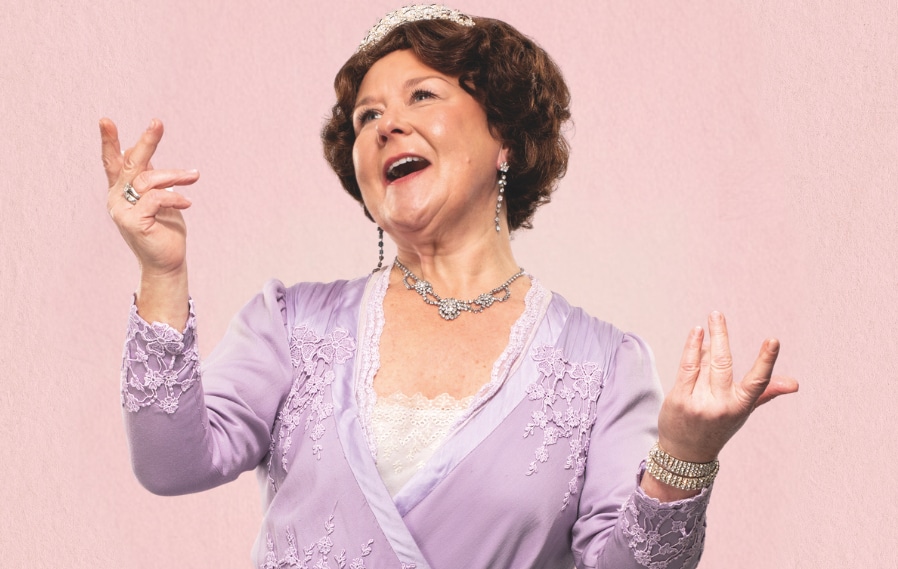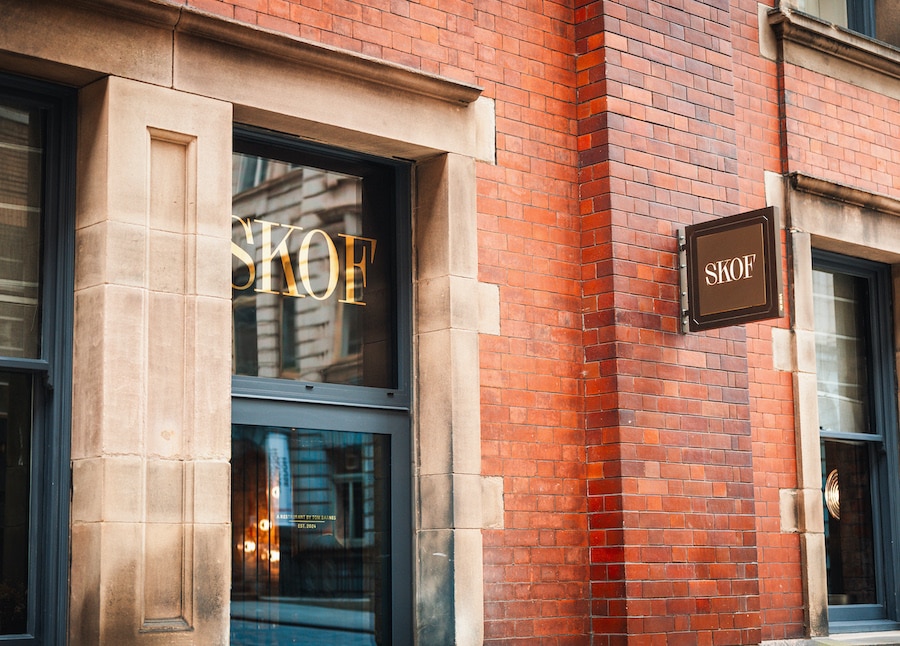‘Feisty, passionate and brimming with spirit’: New York Post praises Manchester’s resilience
- Written by Ray King
- Last updated 8 years ago
- City of Manchester, Sport

Manchester may be the second most visited city in England after London, but it’s not a big player with tourists from the United States.
After the capital, they tend to gravitate towards more obviously historic places like Oxford, Bath, York, Chester and Stratford-upon-Avon.
A feature in The New York Post which praises the ‘eclectic charms of England’s most resilient city’ could change that.
Writer David Whitley pays Manchester a massive compliment in the wake of the terror bombing of the Arena and the city’s magnificent demonstration of solidarity in response.
Describing the city as ‘feisty, passionate and brimming with spirit’, he declares that the capital of northern England is not a place that you can keep down for long. Its proud heritage, industrious creativity and ‘distinctively experimental sense of cool’ will always burst through.
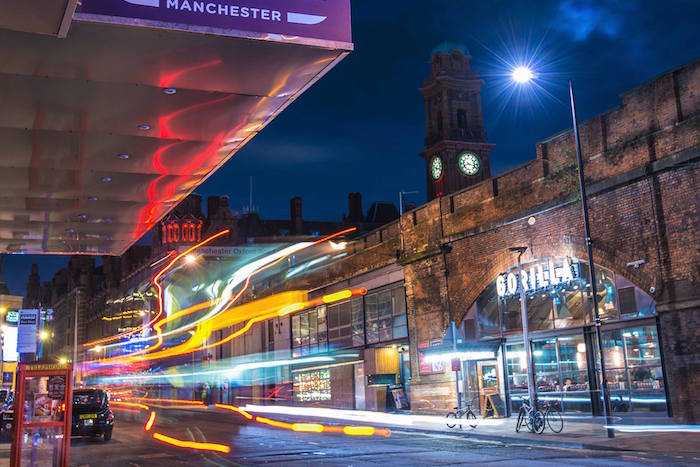
Urging New Yorkers to board the direct Virgin Atlantic flight from JFK to Manchester – from $740 for the round trip – to feel the vibe for themselves, Whitley calls Mancunians ‘a warm and witty bunch’ whose home city is ‘a fascinating, relentlessly enjoyable place in which to cultivate the resilience we all need right now.’
He sets out six good reasons to visit Manchester: football; industrial heritage; eating out; pubs and bars; Manc music and hotels with their own histories to tell.
Manchester’s strongest suit, according to Whitley, is not on a typical olde England sightseer’s wish list, though he pays tribute to the handsome redbrick cotton mills and warehouses which still dot the centre, now converted into ‘mini malls’, offices and apartments.
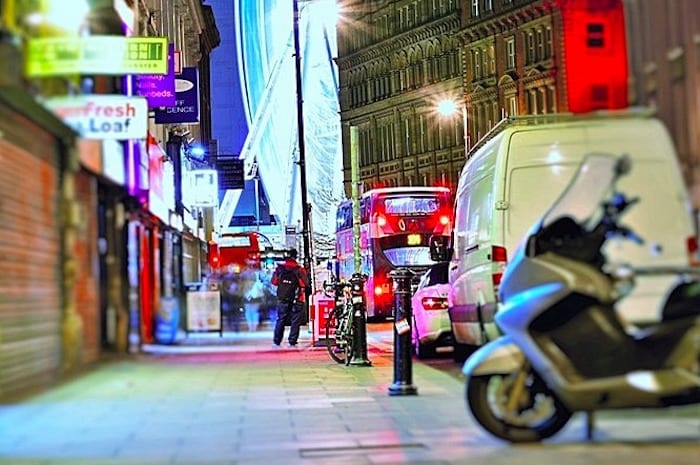
Industrial heritage takes centre stage with the ‘enormous’ Museum of Science and Industry housing the city’s gifts to the world – from cotton to computers.
MoSI’s ‘spiritual twin’, the People’s History Museum, he says, concentrates on the political upheaval that came with the Industrial Revolution, focusing on campaigns for the right to vote, better working conditions and the trade union movement in the context of British and international democracy.
‘Indisputably one of the world’s great soccer hotbeds’, says Whitley, Manchester – as we all know, but New Yorkers probably don’t – boasts a drinking soul which lies in its ‘fantastic old pubs’.
He describes the Northern Quarter as Manchester’s ‘gleefully inventive, fiercely independent and eternally lively neighbourhood” and lauds The Smiths, Joy Division, Oasis and Stone Roses as ‘acts that launched in the city’.
- This article was last updated 8 years ago.
- It was first published on 20 June 2017 and is subject to be updated from time to time. Please refresh or return to see the latest version.
Did we miss something? Let us know: [email protected]
Want to be the first to receive all the latest news stories, what’s on and events from the heart of Manchester? Sign up here.
Manchester is a successful city, but many people suffer. I Love Manchester helps raise awareness and funds to help improve the lives and prospects of people across Greater Manchester – and we can’t do it without your help. So please support us with what you can so we can continue to spread the love. Thank you in advance!
An email you’ll love. Subscribe to our newsletter to get the latest news stories delivered direct to your inbox.
Got a story worth sharing?
What’s the story? We are all ears when it comes to positive news and inspiring stories. You can send story ideas to [email protected]
While we can’t guarantee to publish everything, we will always consider any enquiry or idea that promotes:
- Independent new openings
- Human interest
- Not-for-profit organisations
- Community Interest Companies (CiCs) and projects
- Charities and charitable initiatives
- Affordability and offers saving people over 20%
For anything else, don’t hesitate to get in touch with us about advertorials (from £350+VAT) and advertising opportunities: [email protected]

Bollywood magic is coming to Manchester with Come Fall in Love at the Opera House
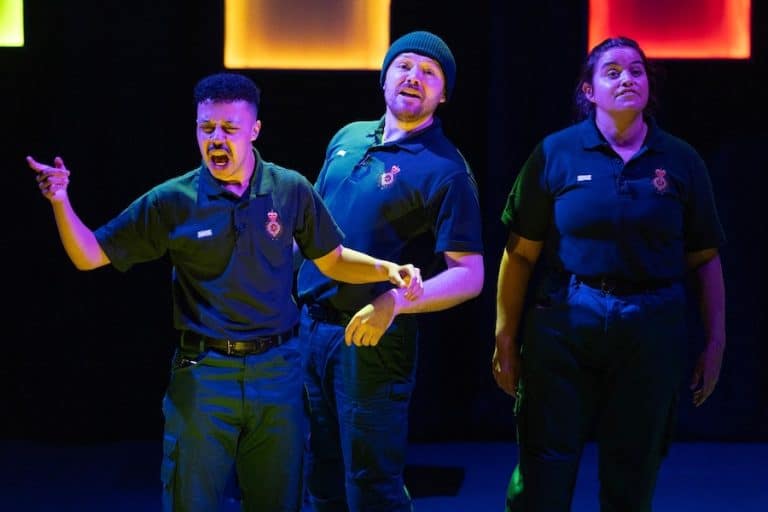
Review: One Punch at HOME is ‘a raw and unflinching look at violence and regret’
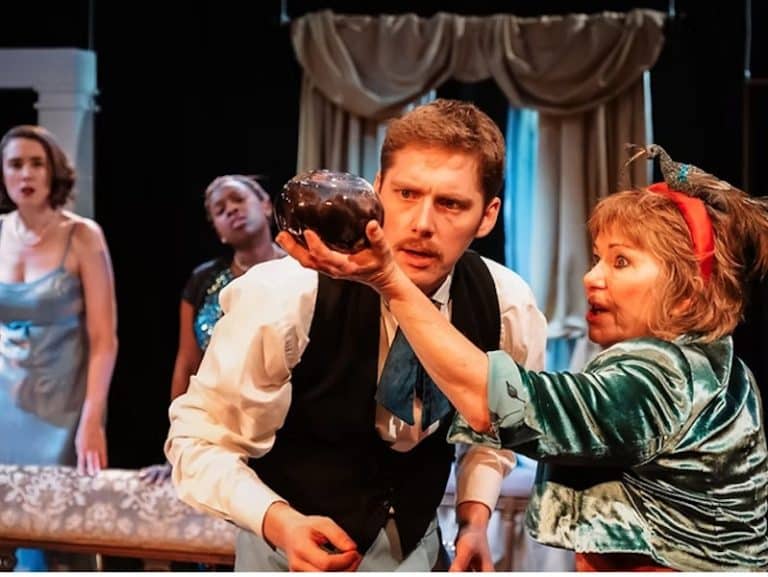
Review: Blithe Spirit at Hope Mill Theatre is ‘full of charm, chaos, and chuckles’

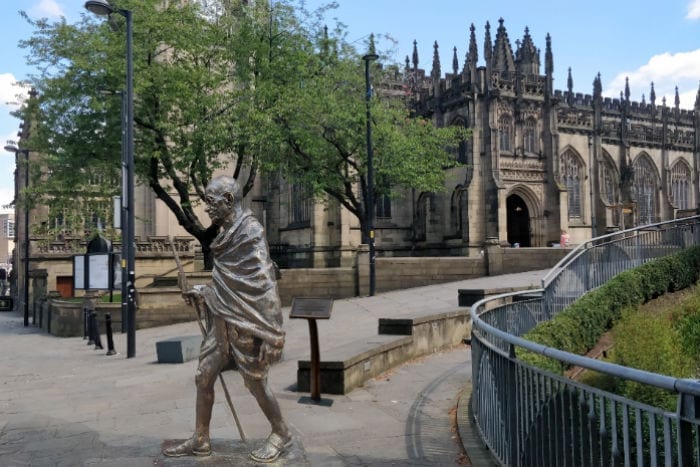
Greater Manchester’s most notable statues and sculptures – what they stand for and where to find them







